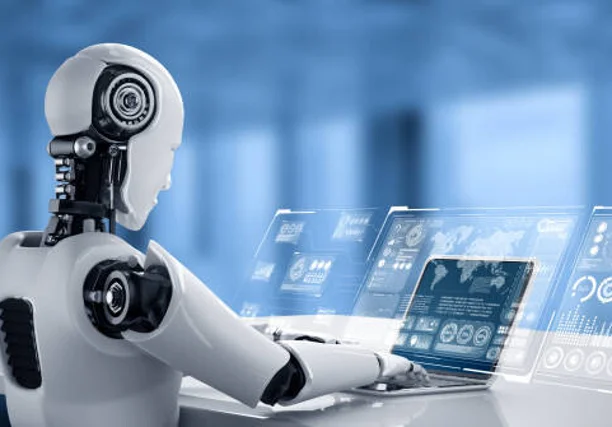A Short Summary of AI page
AI Demystified: What It Is, How It Works, and Why You Should Care
Artificial Intelligence ( AI ) is no longer the stuff of science fiction – it’s in your phone, your search engine, your Netflix recommendations, and even your doctor’s toolkit. Yet despite its growing presence, AI still feels mysterious to many. What is it really? How does it work ? And should you care if you are a coder or a techie?
This guide breaks AI down into simple language, using real-life examples and relatable analogies to make sense of the hype. Let’s dive into what artificial intelligence actually means, how it operates, and how it’s shaping the world around you.


What Is Artificial Intelligence?
At its core, artificial intelligence is a branch of computer science focused on creating systems that can perform tasks that typically require human intelligence.
These tasks might include :
- Recognizing speech ( like voice assistants )
- Making decisions ( like predicting traffic or diagnosing diseases )
- Understanding language ( like chatbots or translation tools )
- Spotting patterns ( like fraud detection or personalized shopping )
A Brief History: From Imagination to Innovation
1950s–1970s
1980s–1990s
2000s
2010s–Today
How Does AI Actually Work?
- Algorithms
Algorithms are step-by-step instructions, like a recipe for solving a problem. If you have ever followed a cake recipe of a GPS route, you have used an algorithm. - Machine Learning
This is the ability for AI to learn from examples instead of being programmed with every rule. Show it 10,000 pictures of dogs and it starts to figure out what ‘dog-ness’ looks like. - Neural Networks
Inspired by the human brain, these systems recognize complex patterns. They are behind facial recognition, voice assistants, and even self-driving cars. - Natural Language Processing (NLP)
NLP helps AI understand and respond to human language – essential for chatbots, translation tools, and yes, this very blog.
AI in Your Everyday Life
- Smart Assistants ( Siri, Alexa, Google ) : Use NLP and speech recognition to understand your commands.
- Streaming Services : AI recommends what to watch based on your preferences.
- Online Shopping : Suggests products, adjusts pricing, and powers chat support.
- Healthcare : Helps detect diseases early and personalize treatment.
- Navigation : Predicts traffic patterns and gives real-time route updates.
- Banking : Flags fraudulent transactions and automates account management.
Common Misconceptions About AI
Myth
Reality
Why Should You Care?
- How decisions are made ( eg. credit approval, hiring processes )
- How you consume content ( news, ads, entertainment )
- How your data is used ( privacy, personalization)
- How your job might evolve ( automating tasks, augmenting creativity )
Want to Learn More?
- How AI thinks ( algorithms, machine learning)
- Ethics of AI ( bias, fairness, transparency)
- Learning paths ( free courses, tutorials, hands-on projects)
Final Thought
AI is not about robots stealing jobs – it’s about tools supporting humans. It’s not a black box of mystery – it’s a system you can understand. And once you do, you gain the power not just to use AI – but to shape how it’s used.
Because the future isn’t just powered by AI. It’s designed by people who dare to ask how it works – and why it matters.
We will be unpacking all of this in the Alan F Harrison knowledge base – designed to make AI accessible, friendly, and even a little fun.
